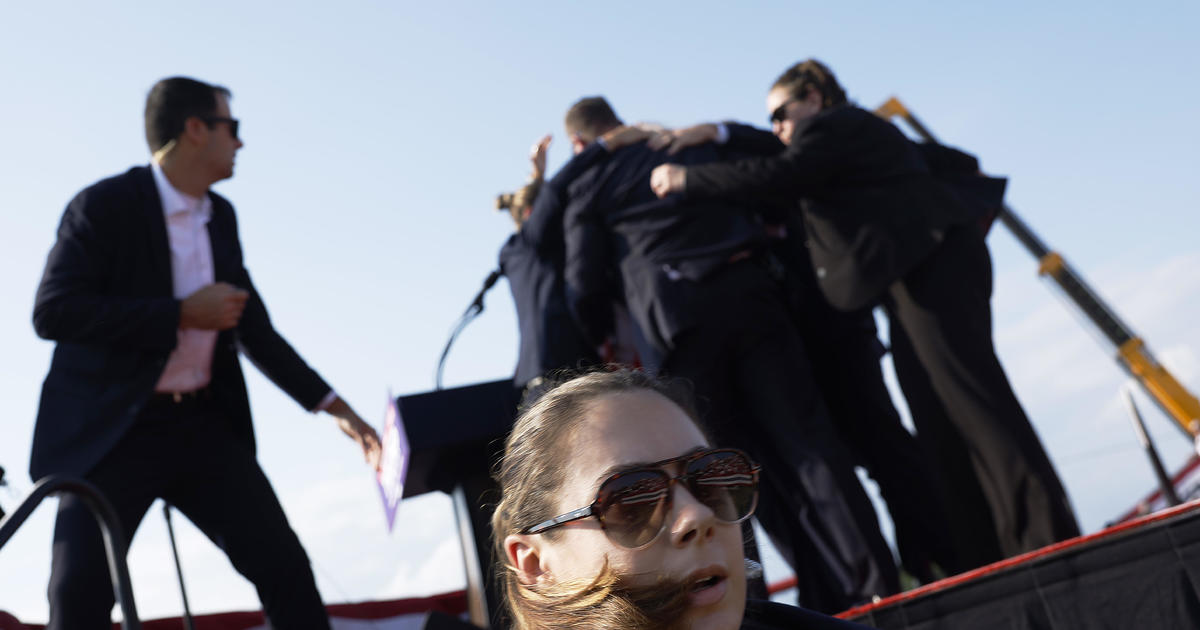The Secret Service recently admitted that some security modifications for former President Donald Trump were not provided ahead of the assassination attempt against him last Saturday. This revelation has raised concerns and calls for further investigation into the agency’s handling of the situation.
In a statement on Sunday, Secret Service spokesman Anthony Guglielmi acknowledged that in certain instances where specific specialized units or resources were not available, the agency made modifications to ensure extra protection for Trump. These modifications could include utilizing state or local partners to provide specialized functions or finding alternatives to reduce public exposure of a protectee.
It was also confirmed by a person briefed on the matter that the Trump campaign has been requesting additional Secret Service resources since he left office in 2021. The decisions made by the Secret Service regarding Trump’s protection were initially reported by The New York Times and The Washington Post.
Secret Service Director Kimberly Cheatle is expected to testify before the House Oversight Committee, while Homeland Security Secretary Alejandro Mayorkas has appointed a bipartisan panel to conduct an independent review of the assassination attempt. The panel includes former DHS Secretary Janet Napolitano, former homeland security adviser Frances Townsend, former Judge and Deputy Attorney General Mark Filip, and former Delaware homeland security official David Mitchell.
Following the shooting, Guglielmi refuted claims that additional security for Trump had been requested and denied. The incident resulted in Trump being grazed by a bullet, a bystander being killed, and two others being wounded. The suspect, 20-year-old Thomas Matthew Crooks, was shot and killed by Secret Service snipers.
In June, the Secret Service had bolstered Trump’s security by adding a counter assault team personnel, drones, and robotic dogs in response to an Iranian threat stream. A source familiar with the planning and security of Trump’s political rallies expressed concerns over the lack of additional resources and support from the Secret Service in the past two years.
The handling of security at the Trump rally on July 13 has come under scrutiny, especially after it was revealed that the Secret Service was notified by the Pennsylvania State Police of a suspicious person with a rangefinder on the grounds just 20 minutes before the shooting occurred. Cellphone video from the event also showed attendees trying to alert authorities about the shooter before he opened fire.
Law enforcement is still investigating the motive behind the assassination attempt, and there have been growing calls for Cheatle’s resignation from some Republicans. At the Republican National Convention, Senators Marsha Blackburn and John Barrasso confronted Cheatle, demanding an explanation for the security failures.
House Intelligence Committee Chair Mike Turner criticized Cheatle’s handling of the situation, calling the failures outrageous and incredible. He emphasized that the Secret Service’s failure to provide adequate security could have led to Trump being shot.
Despite the close call, Trump did not require stitches for his wound and is said to be recovering well. His former White House physician, Rep. Ronny Jackson, provided details of the injury, stating that the bullet came very close to entering Trump’s head but ultimately grazed his ear.
Trump has since made public appearances, including another rally where he referenced the shooting, claiming he “took a bullet for democracy.” The aftermath of the assassination attempt has sparked a wave of discussions and investigations into the Secret Service’s protocols and response to such incidents.









